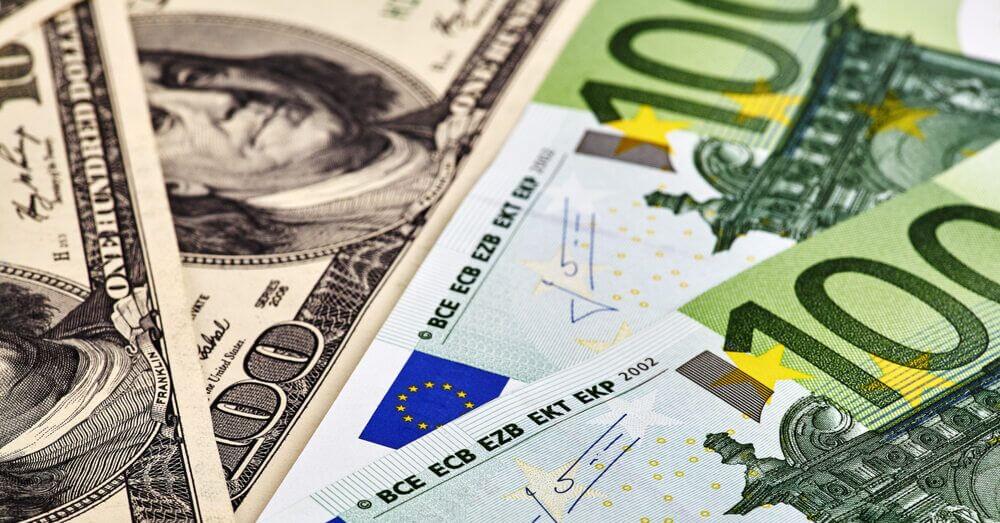
The efficiency, security and convenience provided by a digital euro could quickly dethrone the USD
In a press release by the central bank on May 20, the Banque de France revealed the successful test of a blockchain-based transaction with a central bank digital currency.
Many believe that digital currencies, like Facebook’s Libra and bitcoin, could challenge the USD when backed by taxpayer’s money and gold.
In the test, the Société Générale (which is one of France’s biggest investment banks) issued around €40 million (US$44.4 million) covered bonds in the form of security tokens. These bonds were then registered directly on a public blockchain and settled as digital euros.
A blockchain functions as a digital list that provides the security necessary for every financial transaction. Every transaction becomes a “block”, and the blockchain generates a list of transactions that cannot be edited. This ensures that no one can spend the same unit of digital currency twice and it is the same technology that most digital currencies depend on.
The Banque de France’s recent tests have been implemented to analyse the feasibility of using a digital euro. Initial plans for the project only tests trading between banks.
The central bank of France plans to branch out to other parties in the next few weeks, to include financial institutions and companies.
As of writing, the bank has revealed little about the projects. According to BTC-ECHO, which is a German crypto news source, this is due to the importance and the potential of the entire project.
“The fact that the Banque de France still keeps information covered is due to the importance and scope of the digital euro. The currency is a prestige project with a foreign-policy signal effect—the bank cannot afford to fail on the international stage. For this reason, parts of the roadmap are only published step by step. Despite the project’s appeal, the bank emphasizes the current sandbox status of the digital central bank currency.” they explained.
Many countries in Europe and Asia are looking forward to the implementation of digital currencies. Germany’s Deutsche Bank report, released last January, stated that they can “radically change payments, banking central banking, and the balance of economic power.”
China is already leading the way with the partial implementation of the digital Yuan. It has already been placed in circulation, with selected government officials within the Xiangcheng region in Suzhou testing its use.
The digital Yuan is expected to increase automation, shorten payment processes, and provide strengthened security.

